Germany Votes for Historic Defence and Infrastructure Spending Boost
Landmark Decision Signals Major Shift in European Security Policy
German lawmakers have voted overwhelmingly in favor of a massive increase in defence and infrastructure spending, marking a historic shift that could reshape European security.
On Tuesday, the Bundestag approved the measure with a two-thirds majority—513 votes to 207—allowing defence and security expenditures to be exempt from Germany’s strict debt rules. The decision also paves the way for a €500 billion ($547 billion; £420 billion) infrastructure fund.
The vote represents a major departure from Germany’s traditionally cautious approach to military spending. With Russia’s ongoing war in Ukraine and concerns over the future of NATO following statements from former U.S. President Donald Trump, Germany is positioning itself as a leading force in European defence. However, the law still requires approval from the Bundesrat, the upper house of parliament, which will hold its vote on Friday.
A Shift in Germany’s Defence Strategy
Friedrich Merz, the architect of the proposal and Germany’s expected next chancellor, emphasized the urgent need for this shift in military policy.
"For the past decade, we have lived under a false sense of security," Merz told the Bundestag during the debate. "The decision we are taking today is the first major step towards a new European defence community—one that includes countries beyond the European Union."
European Commission President Ursula von der Leyen hailed the move as "excellent news," while Danish Prime Minister Mette Frederiksen called it "fantastic news for all Europeans."
Germany’s reluctance to increase defence spending has long been influenced by historical concerns dating back to 1945 and economic caution following the 2009 debt crisis. However, recent geopolitical tensions have fueled demands for stronger military investment.
Economic and Political Implications
Under the newly approved framework, any defence spending exceeding 1% of Germany’s GDP will no longer be subject to the country’s debt limit, which had previously capped borrowing at 0.35% of GDP. This reform is expected to modernize Germany’s underfunded armed forces, a move seen as crucial in the face of global instability.
Beyond defence, the package also includes significant investments in Germany’s infrastructure, including repairing roads, bridges, and funding climate initiatives—an addition insisted upon by the Green Party.
Merz’s Christian Democratic Union (CDU) won Germany’s general election last month, and he swiftly introduced these measures in response to mounting security concerns. In a Sunday interview, Merz cited fears that the U.S. may reduce its commitment to Europe’s defence, particularly in light of Trump’s recent discussions with Russian President Vladimir Putin.
"The situation has worsened in recent weeks. That is why we must act quickly," Merz told public broadcaster ARD.
Impact on Ukraine and European Stability
The Bundestag’s decision also has direct implications for Ukraine. The approved spending measures include an exemption that allows Germany to fund aid for countries "attacked in violation of international law." This will enable outgoing Chancellor Olaf Scholz to release €3 billion in additional aid to Ukraine as early as next week.
Merz strategically pushed the legislation through the outgoing parliament, where he had stronger political support. After March 25, when the new parliamentary session begins, he would have faced a more difficult path to securing the necessary votes.
Political Resistance and Future Challenges
Despite its significance, the vote has faced opposition from the far-right Alternative for Germany (AfD) and the far-left Die Linke, both of which performed well in February’s election. Critics argue that the exemption from debt rules could lead to long-term financial instability.
Merz, who has yet to finalize a coalition government following his election victory, has pledged to have his administration in place by Easter. However, coalition negotiations in Germany are known to be lengthy and complex, raising questions about how quickly these policies will be implemented.
As Germany takes a bold step toward strengthening its military and infrastructure, this vote marks a turning point in both national and European security strategy—one that will likely shape the continent’s future for years to come.














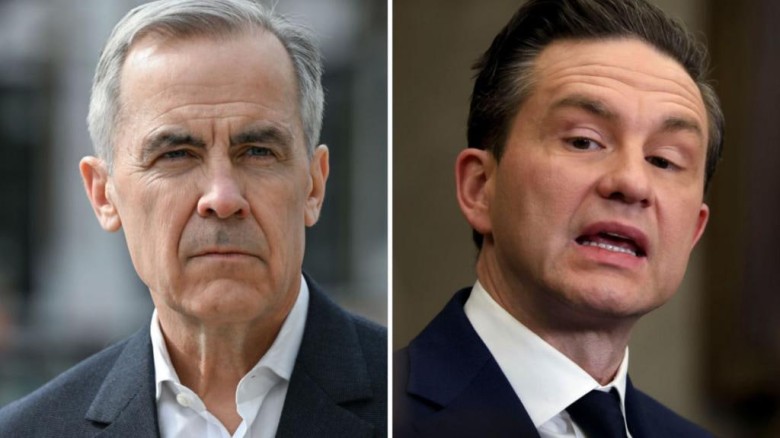

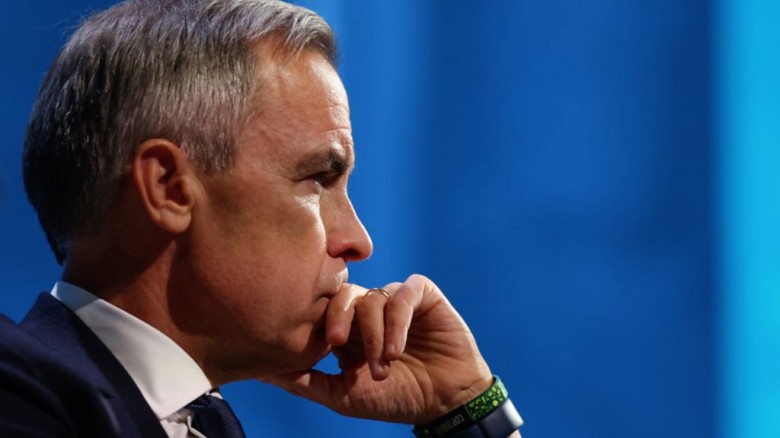

















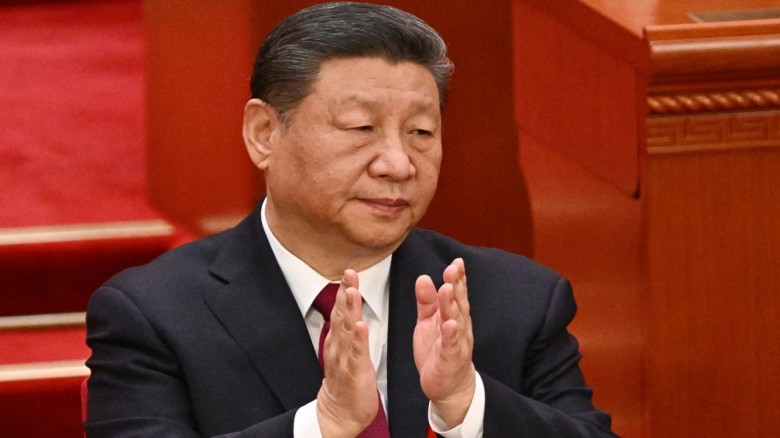







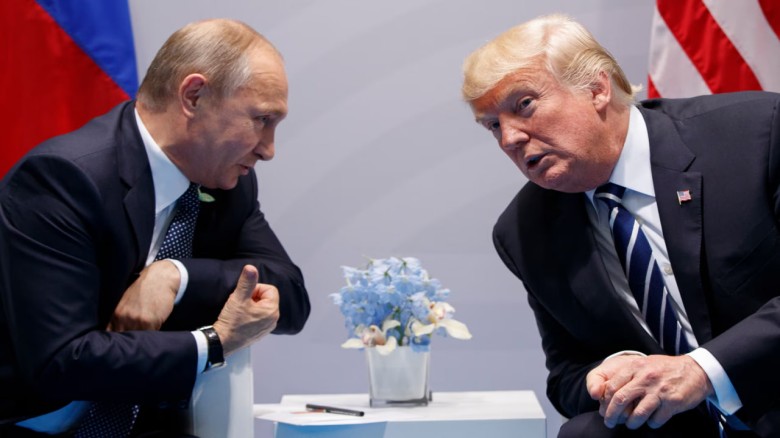

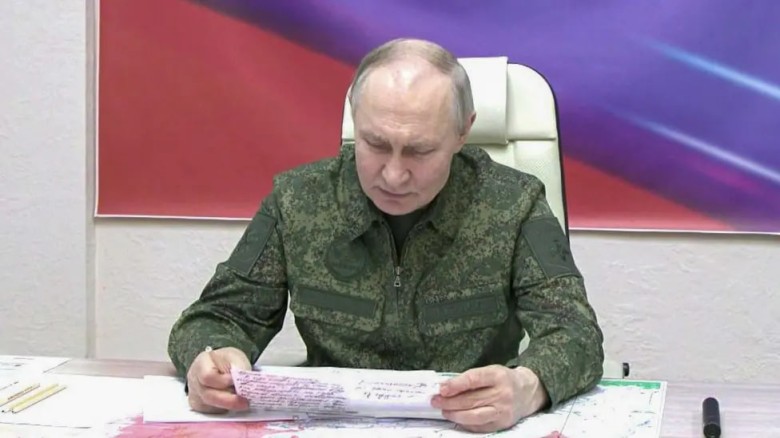

























Leave A Comment